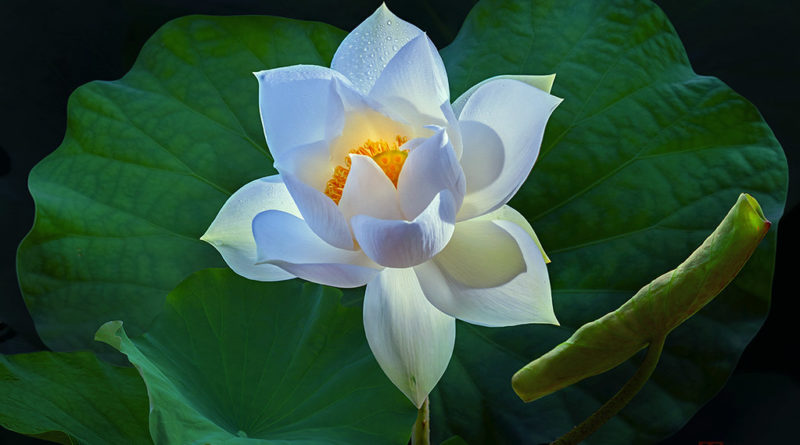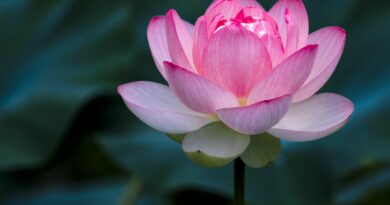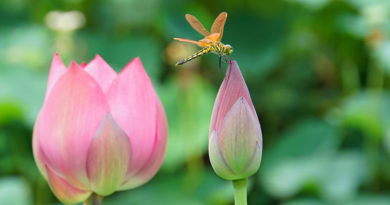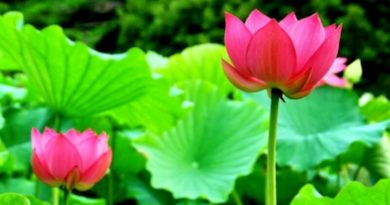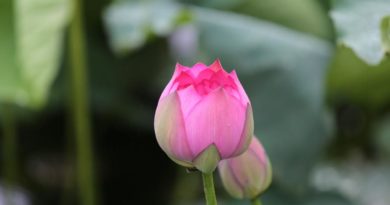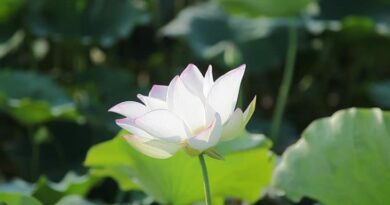The Mahavamsa – Chapter 2: The Race Of Mahasammata (eng)
THE MAHAVAMSA – CHAPTER 2: THE RACE OF MAHASAMMATA
SPRUNG of the race of king Mahasammata was the Great Sage. For in the beginning of this age of the world there was a king named Mahüsammata, and (the kings) Roja and Vararoja, and the two Kalyanakas, Uposatha aM Mandhata and the two, Caraka and Upacara, and Cetiya and Mucala and he who bore t-he name Mahamucala, Mucalinda and Sagara and he who bore the name Sagaradeva; Bharata and Angirasa and Ruci and also Suruci, Patäpa and Mahapatapa and the two Panadas likewise, Sudassana and Neru, two and two; also Accima. His sons and grandsons, these twenty-eight princes whose lifetime wp immeasurably (long), dwelt in Kusavati, Rajagaha, and Mithila. Then followed a hundred kings, and (then) fifty-six, and (then) sixty, eighty-four thousand, and then further thirty-six, thirty-two, twenty-eight, then further twenty-eight, eighteen, seventeen, fifteen, fourteen; nine, seven, twelve, then further twentyfive; and (again) twenty-five, twelve and (again) twelve, and yet again nine and eighty-four thousand with Makhädeva coming at the head, and (once more) eighty-four thousand with Kalarajanaka at the head; and sixteen even unto Okkãka; these descendants (of Mahasammata) reigned in groups in theirdue order, each one in his capital.
The prince Okkamukha was Okkaka’s eldest son; Nipmia, Candimã, Candamukha and Sivisarnjaya, the great king Vessantara, Jãli, and Sihavahana and Sihassara: these were his sons and grandsons. Eighty-two thousand in number were the royal sons and grandsons of king Sihassara; Jayasena was the last of them. They are known as the Sakya kings of Kapilavatthu. The great king Sihahanu was Jayasena’s son, and Jayasena’s daughter was named Yasodharã. In Devadaha there was a prince named Devadahasakka, Anjana and Kaccänã were his two children. Kaccãnä was the first consort of Sihahanu, but the Sakka Anjana’s queen was Yasodhara. Anjana had two daughters, Maya and Pajäpati, and also two sons, Dandapamji and the Sakiya Suppabuddha. But Sihahanu had five sons and two daughters, Suddhodana, Dhotodana, Sakka, Sukka, and Amitodana, and Amitä and Pamita; these were the five sons and two daughters.
The royal consort of the Sakka Suppabuddha was Amitii; she had two children: Bhaddakaccäna and Devadatta. MaytL and Pajapati were Suddhodana’s queens, and the son of the great king Suddhodana and of Maya was our Conqueror.
Of this race of Mahasammata, thus succeeding, was born, in unbroken line, the Great Sage, he who stands at the head of all men of lordly birth. The consort of the prince Siddhattha, the Bodhisatta, was Bhaddgakaccana; her son was Rahula.
Bimbisara and the prince Siddhattha were friends, and friends likewise were the fathers of both. The Bodhisatta was five years older than Bimbisara; twenty-nine years old was he when he left (his father’s) house. When he had striven six years and thereafter had attained to wisdom, he, being thirty-five years old, visited Bimbisära. The virtuous Bimbisära was fifteen years old when he was anointed king by his own father, and when sixteen years had gone by since his coming to the throne, the Master preached his doctrine. Two and fifty years he reigned; fifteen years of his reign passed before the meeting with the Conqueror, and yet thirtyseven years (of his reign) followed in the lifetime of the Tathagata.
Bimbisara’s son, the. foolish Ajatasattu, reigned thirty-two years after he, the traitor, had slain (his father). In the eighth year of Ajatasattu the Sage entered into nibbana and thereafter did he, Ajãtasattu, reign yet twenty-four years.
The Tathagata, who has reached the summit of all virtue, yielded himself up, albeit free, into the power of impermanence. He who shall contemplate this (same) dread-begetting impermanence shall attain unto the end of suffering.
Here ends the second chapter, called ‘The Race of Maha saipmata’, in the Mahavamsa, compiled for the serene joy and emotion of the pious.

